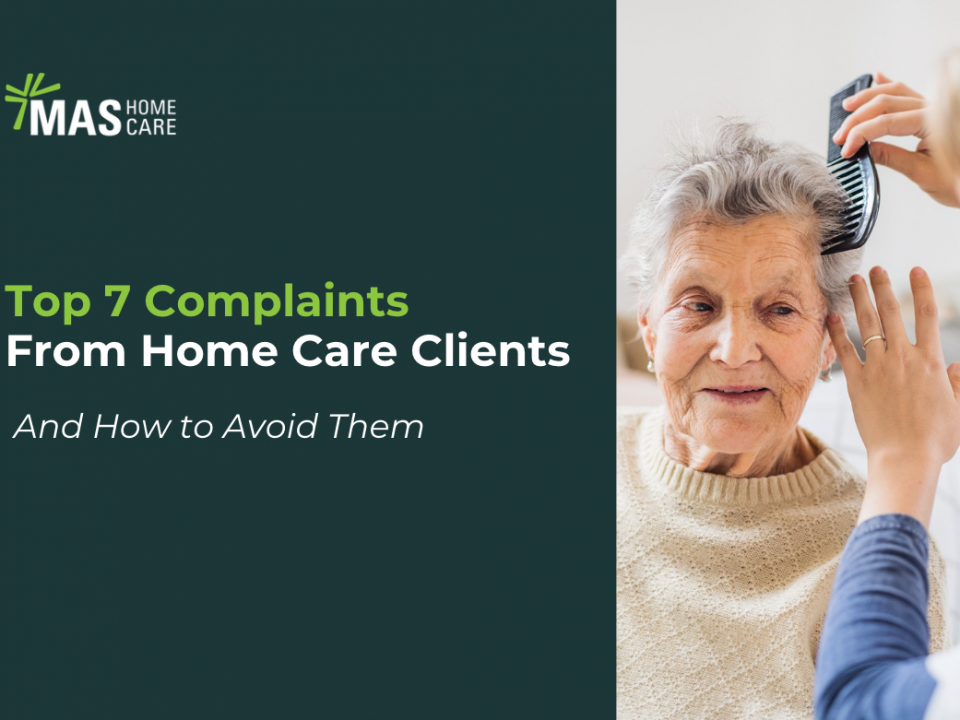Home Care Blog

Get Your Flu Vaccine Early: New Options Available for 2013
 It’s that time of year again. It’s time to remind all home care New England patients to get their flu shot. It may only be the beginning of October, but there is good reason behind the signs popping up outside your local pharmacy advertising the arrival of flu vaccines. Flu season is actually much longer than most people think. Though it peaks around January or February, the season can begin in October and last as late as May. In fact, the season has already begun with reports of the virus coming from places such as South Carolina, Northern Virginia, and Washington D.C.
It’s that time of year again. It’s time to remind all home care New England patients to get their flu shot. It may only be the beginning of October, but there is good reason behind the signs popping up outside your local pharmacy advertising the arrival of flu vaccines. Flu season is actually much longer than most people think. Though it peaks around January or February, the season can begin in October and last as late as May. In fact, the season has already begun with reports of the virus coming from places such as South Carolina, Northern Virginia, and Washington D.C.
Last year, in 2012, only 45% percent of Americans over the age of 6 months received vaccination against the flu, according to the Centers for Disease Control and Prevention (CDC). Though this rate is higher than past seasons, the CDC urges Americans to do better. Last season, the largest age group to get the vaccine, as 76.9%, was infants and toddlers between the ages of 6 month and 2 years. The second largest group was seniors age 65 and older, with a 66.2% vaccination rate. Only 59% of staff members in long-term care facilities opted for the vaccination, a number that should be much higher considering the contact they have with elderly adults who already have weakened immune systems.
With the option of a shot or flu mist, there is little reason to leave your health the chance. Home care New England clients should not wait for the first signs of the virus to hit them either. It can take up to two weeks for the vaccination to become effective in your system, so the sooner you receive it the better.
This year there are also some newer options, including a flu mist that now covers four strains of the flu, compared to the typical three, and another is available for people allergic to eggs. Shots are also being given through needles that are 90% smaller and are injected into the skin instead of the muscle. Some vaccines are recommended for children and others are most effective in adults up to the age of 49. A specially designed vaccine for seniors ages 65 and older, known as Fluzone High-Dose, contains four times the amount of the antigen as a regular shot and will strengthen the immune system for optimal protections. The Fluzone High-Dose vaccine is 24% more effective in seniors than the regular vaccine. Should you have concerns about what type is right for you, consult your physician or other healthcare professional who administers flu vaccines to learn about your options.
It is also vital that caregivers become vaccinated to protect themselves and their loved ones.


